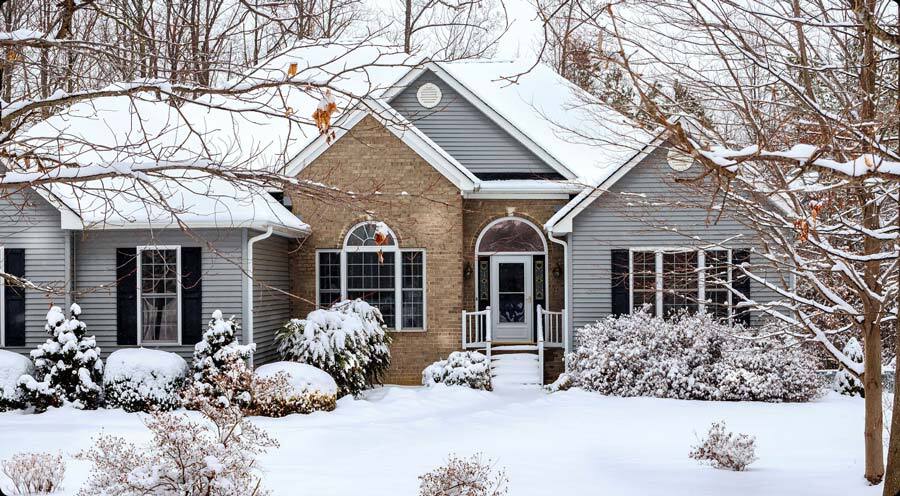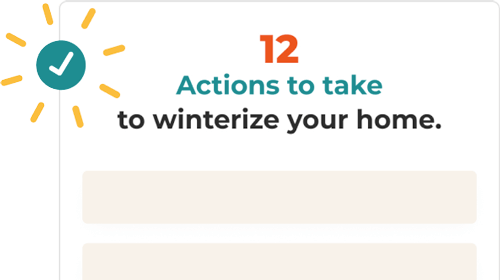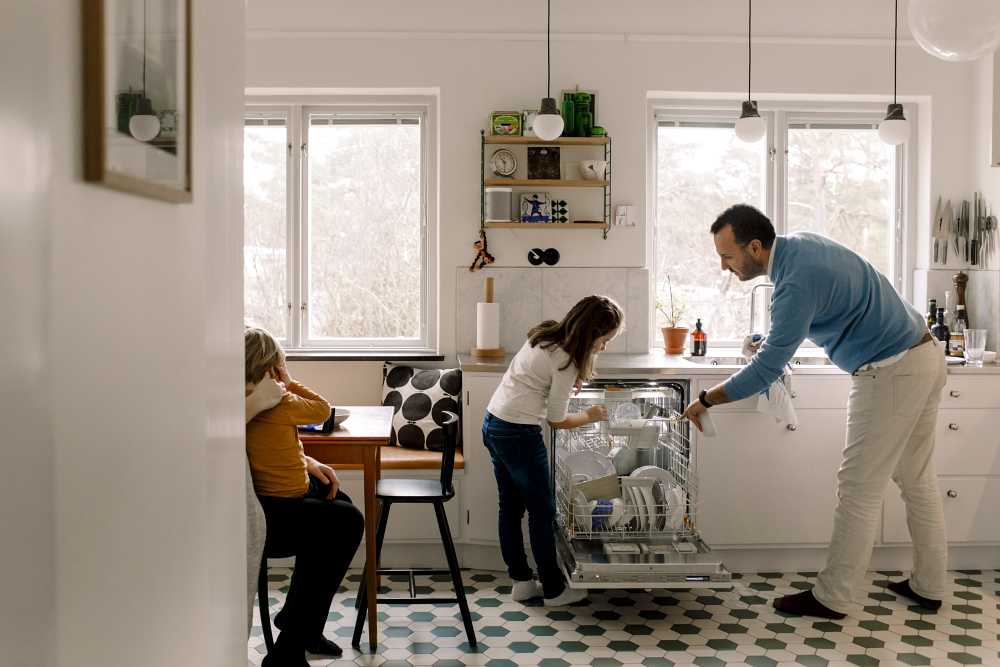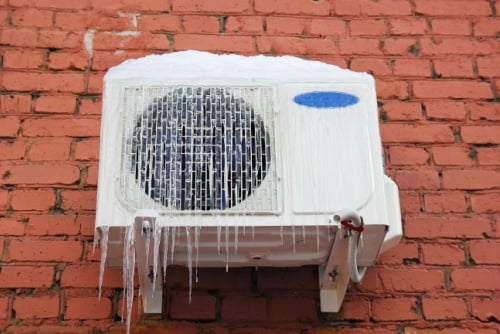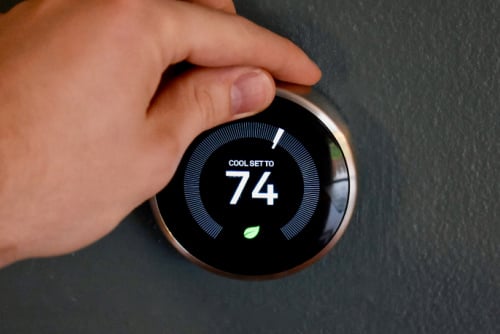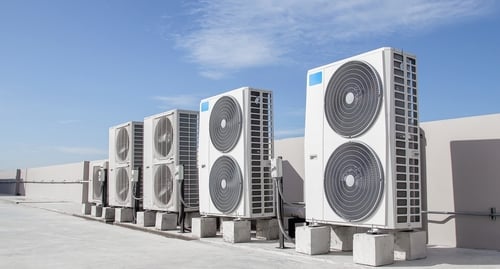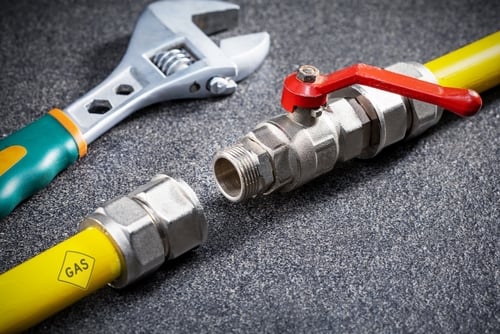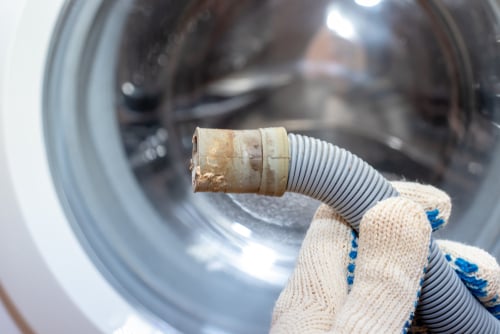Winterizing your home can seem intimidating, especially if you’re a new homeowner. You may have questions like “where do I start?” “what should I look out for?” or “what can I do to prepare?” Luckily, Nick Masengarb, a Frontdoor Expert on the handyperson team, has just the advice you need to help you avoid being caught on the wrong side of a home emergency this winter.
Q&A with Frontdoor Expert Nick M. on
How to Winterize Your Home
What does it mean to winterize your home?
Winterization means preparing your home for the winter season to avoid damage, such as busted pipes. The best time to start is before the seasons change and you end up left out in the cold with home repairs that could cost you hundreds, if not thousands of dollars.
What’s the most important thing homeowners should keep in mind ahead of winter?
Winter is extremely unpredictable. Always expect the unexpected and be sure to have plenty of supplies on hand in the event of a power outage, blizzard, or other hazardous scenarios. If you need some ideas on what emergency supplies to keep on hand, check out our list under “What should you include in a winter home emergency kit?”
How can a winter home emergency be avoided?
Winter home emergencies can be avoided by following the proper steps to prepare your home for the winter before it arrives—insulating pipes, cleaning the gutters, sealing up cracks and gaps, as well as trimming nearby, overhanging tree branches that could cause significant roof damage during freezing temperatures.

Most winter home emergencies are usually caused by the lack of proper preparedness by the homeowner.
What are the top 5 things you’d include on your winter home emergency prep checklist?
- Insulate any pipes that run along exterior walls either in the crawl space or outside of the house to prevent them from freezing.
- Drain and shut off exterior water sources such as hose bibs, irrigation systems, etc... (you may want to wrap or install insulated cover over your outside hose bibs).
- Keep survival supplies such as nonperishable food and water.
- Install weatherstripping and door sweeps as well as plastic coverings on windows.
- Make sure your attic is properly insulated.
What should you include in a winter home emergency kit?
- Bottled water and food (canned, dry foods, energy bars, etc...)
- First aid kit
- Candles and a lighter or matches
- Flashlight with extra batteries
- Blankets and warm clothing
- Battery or crank operated radio
- Prescriptions and medications
- Multi purpose tool
- Power cell for charging cell phones and electronic devices
Is there anything else homeowners should keep in mind?
- Never plug a space heater into a power strip. Power strips are not designed to handle the amount of draw that a heater pulls and can cause a fire. Always plug heaters directly into the wall outlet.
- Have spare batteries on hand for weather radios, flashlights, or other devices
- Turn ceiling fan rotation to “clockwise” to help circulate warm air.
- Test run generators to be prepared for a power outage.
- Gather supplies in case you are forced to stay home for a few days without power.
Open the Frontdoor for All Your Home Repair Needs
If you still have questions about winterizing your house or need help along the way, we have Frontdoor Experts like Nick ready to help. They’ll guide you at whatever stage in the process you’re in, help you determine next steps, and even help you find the right, local Pro for the job if you need in-home help.
To get started, all you have to do is download the Frontdoor app and connect with an Expert who can help you in real time. Our Experts average 20 years’ experience and can help 7 days a week from 7 am - 7 pm EST. What are you waiting for? Open the Frontdoor today!
Frontdoor assumes no responsibility, and specifically disclaims all liability, for your use of any and all information contained herein.
Was this article helpful?
